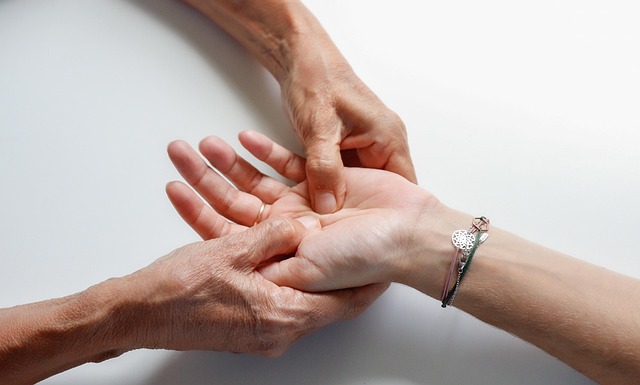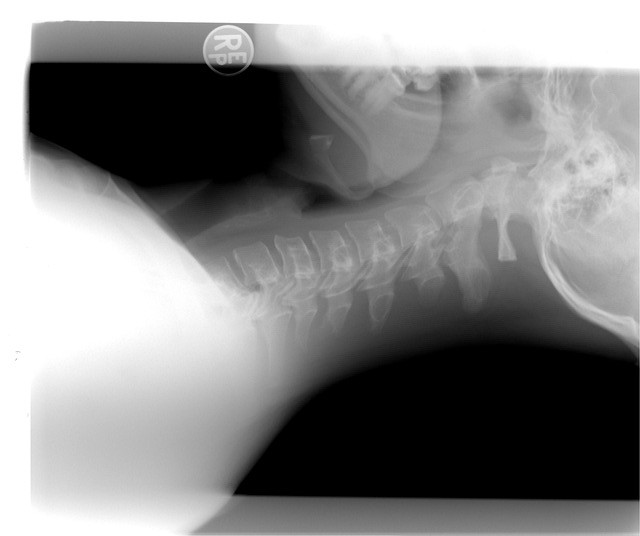In 1997, Schultz, et. al., conducted study about Seromas and compromised shoulder function which are common complications following modified radical mastectomy for breast cancer. Early postoperative physiotherapy is often employed to mitigate shoulder dysfunction. This prospective randomized study aimed to assess whether delaying postoperative shoulder exercises could decrease the frequency of seromas without adversely affecting shoulder function.
A total of 163 breast cancer patients undergoing modified radical mastectomy were enrolled in the study and randomly assigned to two groups: one commencing physiotherapy on postoperative day 1, and the other initiating physiotherapy on postoperative day 7. Patients received assessments from both surgeons and physiotherapists during hospitalization and in outpatient follow-ups. Surgeons documented seromas and other complications, while physiotherapists provided pre- and postoperative instructions and evaluated shoulder function.
The group initiating physiotherapy on postoperative day 1 exhibited a significantly higher incidence of postoperative seromas (38%) compared to the group starting on day 7 (22%) (p < 0.05). However, there was no significant disparity between the two groups in terms of late outcomes related to shoulder function.
This study demonstrates that delaying postoperative shoulder exercises by one week significantly reduces the incidence of seromas following modified radical mastectomy for breast cancer. Importantly, initiating physiotherapy on postoperative day 7 does not compromise long-term shoulder function. These findings suggest that early postoperative physiotherapy may not be imperative for preventing impaired shoulder function, highlighting the potential benefits of a delayed intervention strategy in reducing postoperative complications.
Reference: Schultz, I., Barholm, M., & Gröndal, S. (1997). Delayed shoulder exercises in reducing seroma frequency after modified radical mastectomy: a prospective randomized study. Annals of surgical oncology, 4, 293-297.




